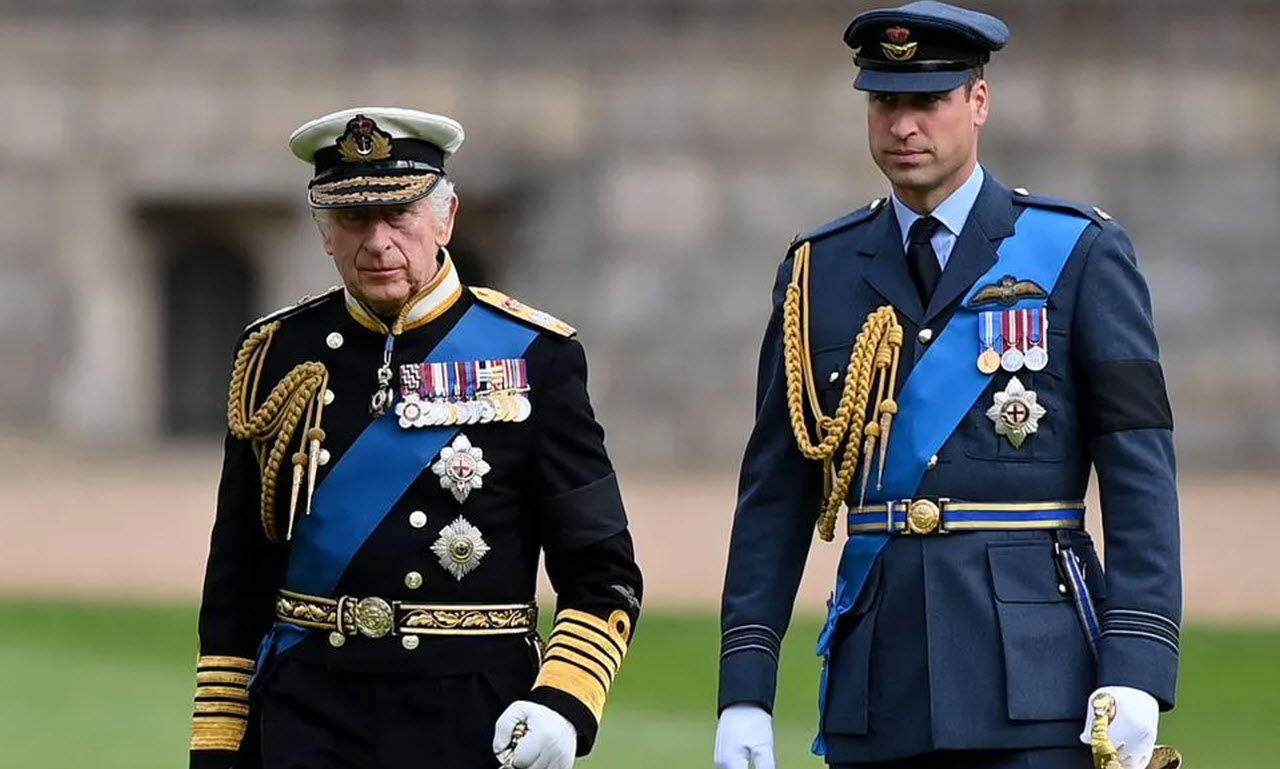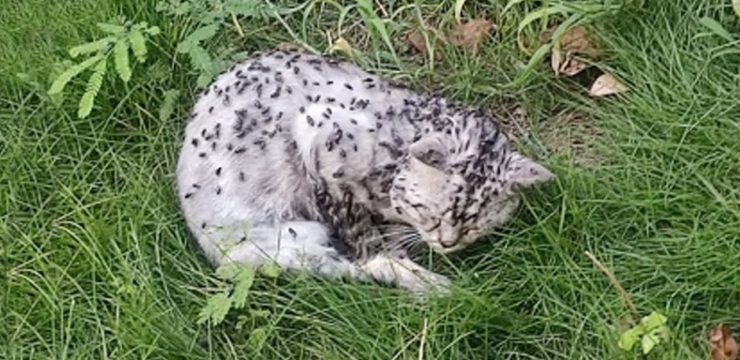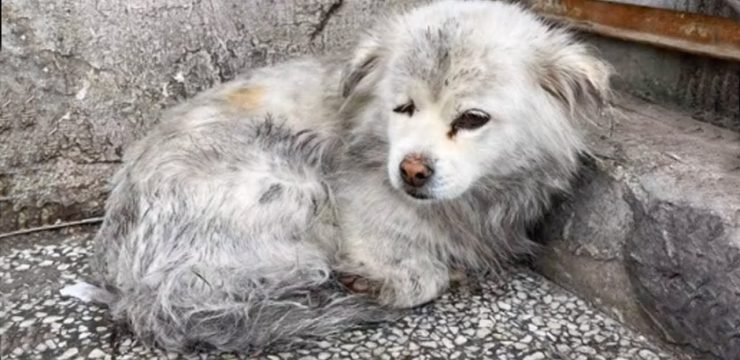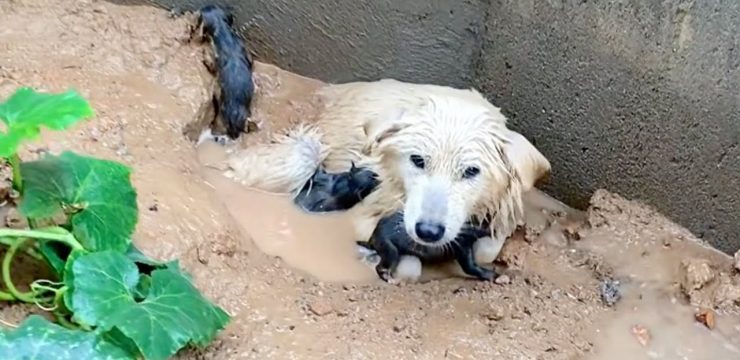Prince Harry’s recent return to the United Kingdom has captured significant attention, especially given the ongoing dynamics within the royal family. With health issues emerging as a prominent concern for several family members, the reunion has been viewed as both timely and necessary for addressing unresolved matters and strengthening familial bonds.
The past week has seen several significant events unfold in the royal household. One of the standout moments was the symbolic transfer of an esteemed military role from King Charles III to his eldest son, Prince William. Buckingham Palace announced that King Charles would formally hand over his former position as Colonel-in-Chief of the Army Air Corps to Prince William. This transition, marking yet another chapter in the evolving responsibilities of the monarchy, highlights the King’s continued commitment to ensuring stability and continuity within the royal family.

The official transfer ceremony is scheduled to take place on May 13 at the Army Aviation Centre in Middle Wallop, where both military personnel and royal observers will gather to witness this historic event. The shift in duties comes as part of King Charles’s broader reallocation of military titles and roles since ascending the throne. In August 2023, King Charles announced a series of new appointments, which included naming Prince William, the Prince of Wales, as the Colonel-in-Chief of the Army Air Corps. King Charles himself previously held this position while he was still the Prince of Wales, serving in this role for an impressive 31 years. The long tenure underlines the role’s importance within the family, as well as the weight of responsibility now transferred to Prince William.
What makes this transition particularly noteworthy is its connection to Prince Harry, who once held a close association with the Army Air Corps and shares a deep, personal connection with the military. Prince Harry’s experience in the British Armed Forces is well-documented, with his military career spanning a decade. During this time, he completed two tours of duty in Afghanistan, embodying his commitment to service and country. His time with the Army allowed him to not only grow within the ranks but also to contribute meaningfully in ways that left a lasting impression on those who served alongside him. In 2015, however, he made the personal decision to step back from his formal operational responsibilities in the Armed Forces, closing a significant chapter in his life.
Despite Prince Harry’s departure from the military, his connection to this part of royal duty has left an indelible mark on both him and the public. His departure from active military roles, along with other shifts within the royal family, has invited public curiosity and speculation over the years, particularly regarding how his relationship with the rest of the family has evolved in the wake of these changes. Some royal commentators speculate that Prince Harry’s familiarity with the role may add another layer to his feelings about the recent reassignment. Given his own background, he is no stranger to the responsibilities and challenges that come with such titles and roles, even as they are passed on within the family.
The timing of these announcements and events also comes amid heightened media scrutiny of the royal family’s internal dynamics, especially surrounding questions of reconciliation and healing. Although there remains a division within the family, many hope that this period will serve as an opportunity for members to come together. Family supporters and close confidants of the royals remain hopeful that these moments of transition might pave the way for understanding and unity. It’s undeniable that the current health concerns within the royal family have added urgency to this conversation. Such challenges often have a way of reshaping priorities and fostering a greater appreciation for family bonds.
While there is no concrete timeline or certainty as to whether these transitions will bring about an improved family dynamic, some observers believe that the experience and history shared by the family might encourage the royals to address lingering issues. The speculation around Prince Harry’s place in the family and the recent events surrounding military roles may never be fully clarified to the public. Still, this period has undoubtedly opened a new chapter, not only for the royal family’s public duties but also potentially for their private relationships.

Ultimately, Prince Harry’s return and the recent developments in military appointments underscore the complexities that often accompany royal life. These responsibilities and the symbolism attached to them go beyond titles—they’re also about loyalty, dedication, and service. For Prince William, the new role of Colonel-in-Chief of the Army Air Corps represents a significant step forward, continuing the tradition set by his father, and perhaps even echoing his brother’s earlier dedication to military service.
As the royal family continues to evolve under King Charles’s reign, each member’s role within the monarchy becomes even more significant. For now, however, the royal family and the public can only wait to see how this transition unfolds in the coming months. The resilience of the British monarchy and its members’ dedication to duty and service remain a focal point for many around the world, who continue to watch, hoping that family harmony will ultimately prevail. This transitional period may well set the stage for renewed unity in a family where tradition and duty often intersect with personal and private challenges.





